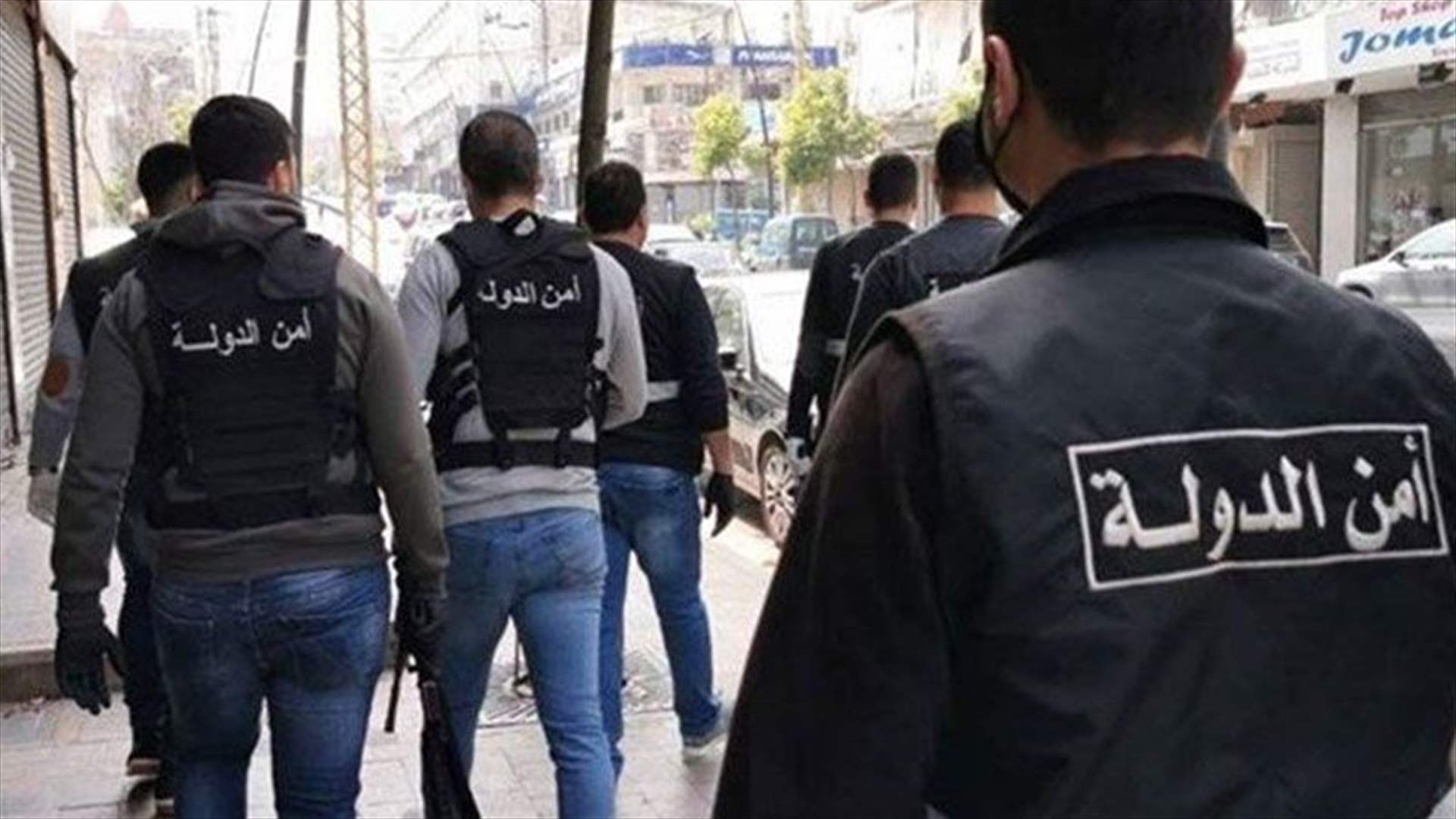
Lebanon is taking steps to address the presence of former Assad regime figures on its soil, following international pressure and heightened scrutiny over its handling of war criminals. The developments come as the fallout from the collapse of the Assad regime continues to ripple across the region.
Last week, Lebanese security officials confirmed that Rifaat al-Assad, the uncle of deposed dictator Bashar al-Assad, traveled from Beirut to Dubai. Despite facing charges of war crimes and crimes against humanity in Switzerland, including his role in the brutal 1982 Hama massacre that killed tens of thousands, Lebanese authorities have not received an Interpol request for his arrest.
Rifaat, a former vice president of Syria, denied responsibility for the massacre, which is widely seen as a precursor to the brutal tactics later employed by his nephew. Reports suggest his deteriorating health may lead Swiss authorities to cancel his trial.
Assads Detained at Beirut Airport
In a separate incident, Lebanese authorities arrested the wife and daughter of Rifaat’s son, Duraid, at Rafic Hariri International Airport after discovering they were traveling with forged Syrian passports. However, Duraid, who holds a valid Syrian passport, was not detained.
Security sources emphasized Lebanon’s commitment to upholding its laws and warned against attempts to manipulate the country’s security. “Manipulating Lebanon’s security or violating the laws will be of no use,” a security official said.
The arrests come amid growing demands from international and domestic actors for accountability. The Lebanese government has reportedly received calls from American and European officials urging it to cooperate in apprehending members of the ousted Assad regime.
Cooperation with Interpol
Lebanese Caretaker Prime Minister Najib Mikati announced Lebanon’s willingness to cooperate with Interpol regarding individuals wanted for war crimes. This includes convicted war criminal Jamil Hassan, the former director of Syrian Air Force Intelligence, accused by US authorities of crimes against humanity during the Assad regime.
“We are committed to cooperating with the Interpol message regarding the arrest of the director of Syrian Air Force Intelligence, and we continue to cooperate in all matters related to the international system,” Mikati told Reuters. Lebanese Interior Minister Bassam Mawlawi echoed this commitment, confirming that photos of wanted individuals are displayed at border crossings and Beirut airport to prevent their escape.
An Imperfect System
Despite claims of implementation, Lebanon’s handling of former Assad regime officials has sparked criticism from some members of the Lebanese opposition. Critics accuse security officials, particularly the Lebanese State Security apparatus, of providing protection to some Assad regime figures. Opposition leaders plan to meet with Mikati and Speaker of Parliament Nabih Berri to demand stricter accountability for security breaches.
Even with tightened measures at legal border crossings, Lebanon continues to face challenges from illegal crossings used for smuggling goods, people, and weapons. These routes have also facilitated the movement of wanted individuals, complicating efforts to enforce international justice.








